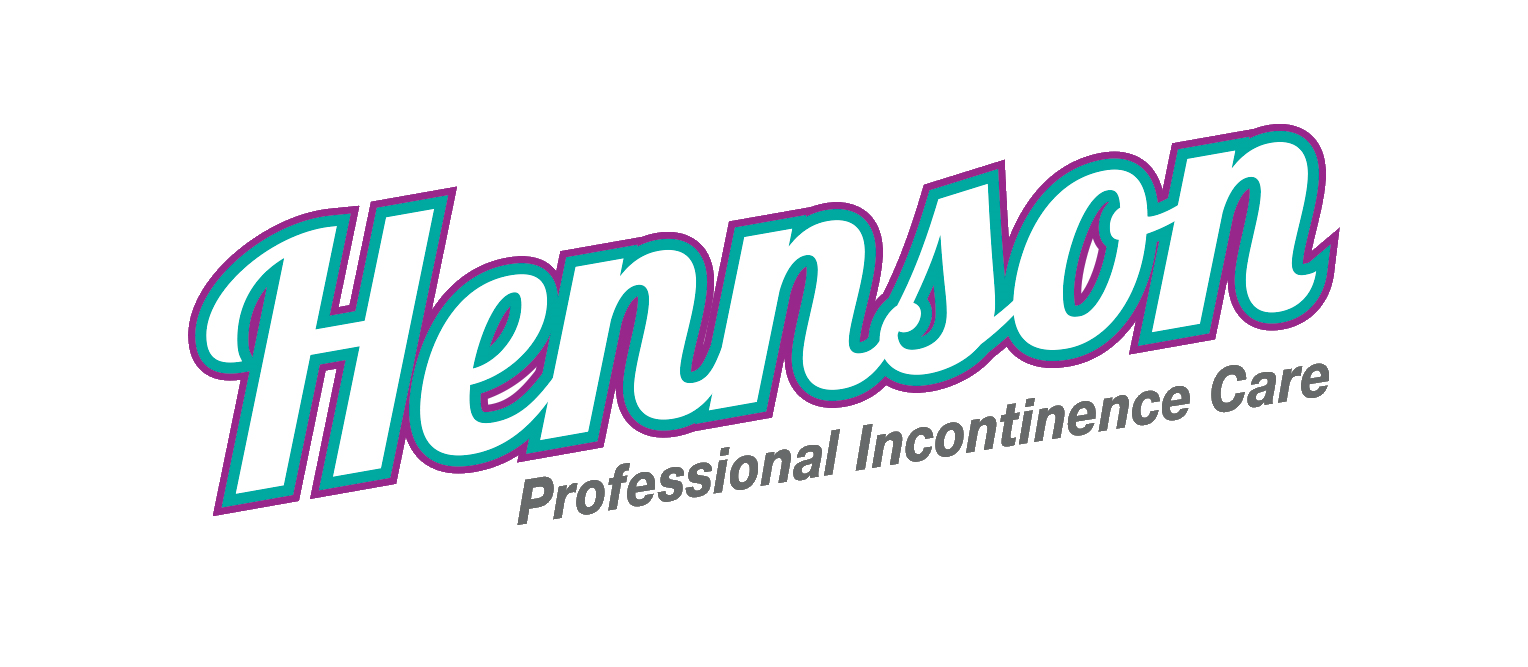Incontinence is a condition that may affect the quality of life. It may be temporary or chronic and happens more to women than men.
Lifestyle Tips
While incontinence is a frustrating condition, often affecting one’s quality of life, there are helpful tips and lifestyle changes that can be adopted to manage the condition:
-
Schedule Fluid Intake
You can try to drink fluids on a schedule in the attempt to retrain your bladder as to when to empty. It is a good idea to limit drinking fluids after 6 pm to reduce night time incontinence. -
Schedule Toilet Times
A constantly full bladder may encourage incontinence. Therefore, try to make it a habit to go to the toilet every 2 or 3 hours to prevent the bladder from being too full. -
Strengthen Your Pelvis
Pelvic floor muscle and Kegal exercises can help to strengthen the pelvic muscle that can control your bladder. -
Manage constipation.
Constipation is also a known cause of incontinence. Therefore, maintaining a regular frequency can prevent stool from obstructing the urine stream. -
Keep A Bladder Journal
It’s a good idea to keep a journal for a few days or a few weeks to help identify the triggers of incontinence. Make sure you note the time, amount of fluid intake, the number of trips to the toilet, the number of times urine leaked in a day, if you felt the urge to urinate before it leaked, and what exactly you were doing prior to the leak. Do show the information gathered to your doctor during appointments. -
Create A Calming Environment
It can be quite stressful when faced with incontinence. Being in a calming environment can be helpful as it allows you to focus more on emptying your bladder.
When you have the chance, speak to your doctor regarding incontinence. There may be suitable medication that can help you manage the condition.
Travel Tips
Incontinence can put a damper on holiday or travel plans. Here are some tips to help make it easier to travel with incontinence.
Important travel tips:
- If possible, find out the location of nearest bathrooms in case you need to relieve yourself. Ask around or study maps of where you’re visiting.
- Be sure to pack enough Disposable Adult-Diapers to last the entire trip. You should be able to gauge how many you will need and pack some extras just in case.
- Plan your meals and fluid intake. Avoid known foods that cause your stomach to be upset. Also, be wary about consuming potable water in foreign countries. If in doubt, it is best to consume bottled or distilled water.
- Remember to bring extra plastic bags with a zip top or have a supply of tie in the event you have an “accident” while on your travels. This is so that you can dispose the adult diapers discreetly.
- Pack along disposable wipes for cleaning.
Diet Tips
Managing a healthy diet may be advantageous if you have an overactive bladder. (Do consult your doctor in identifying the causes of incontinence).
Research have shown that a number of foods and drinks can worsen overactive bladders. These are:
- Caffeinated drinks or foods
- Alcohol
- Spicy foods
- Citrus fruits and juices
- Carbonated beverages
- Milk and milk products
- Sugar or honey
- Artificial sweeteners
Constipation may compound incontinence. This is why, you may need to ensure you consume adequate fibre in your diet. Fibre-rich foods include:
- Non-citrus fruits
- Grains
- Legumes
- Vegetables
- Fibre supplements
Caregiving Tips
Resistance
What should you do when your loved one is resistant to using diaper? An individual using incontinence products daily may think that they are no longer able to take care of themselves.
They may respond to you negatively in denial, anger, refusal.
It is important to resolve this by discussing in a calm understanding manner about how incontinence can affect you and your care for them. This enables easier acceptance of managing incontinence with diaper.
Embarassment
Admitting to your sense of embarassment and discomfort is the first step. Discussing with supportive family, friends, or professionals can be helpful. Seek out help to provide care when it is too hard for you to do.
Physical Limitations
Physically disability, or age or disease may make providing incontinence care for your loved one difficult.
Seek professional advice from physician to guide you on your plan of care to cater for your loved one's conditions and tips to manage incontinence better.

